THE PODCAST
Elevating the conversation about all things tactical.
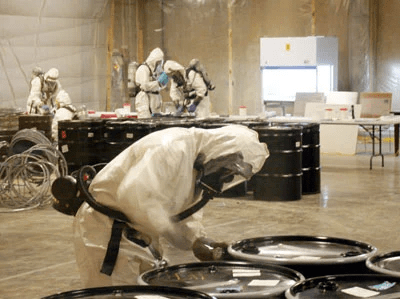
Dancing With Exotic Weapons
The discussion covers actionable steps to evaluate and enhance preparedness, insights into emerging CBRN risks, and the importance of aligning training and resources with the current threat environment. Whether you’re in emergency management, military operations, or public health, this episode offers essential strategies to help you stay ahead of these high-stakes threats.
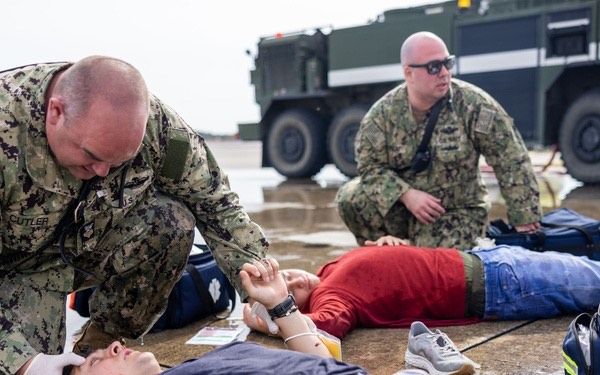
Making Worthwhile Exercises
From avoiding the pitfalls of “check-the-box” drills to incorporating realistic stressors and practical objectives, they break down what it takes to make training worthwhile. Whether you’re organizing exercises for law enforcement, the military, or emergency responders, this episode offers actionable advice to elevate your approach and achieve better outcomes.
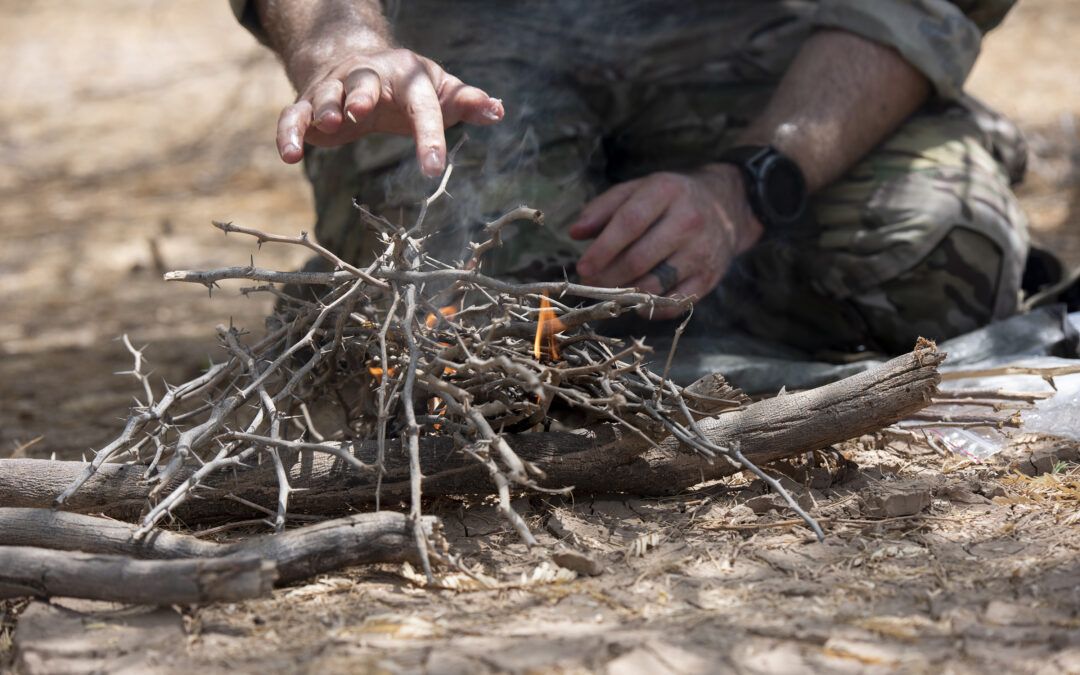
Sticks and Stones Survival Skills 101
EPISODE 171 Sticks and Stones: Survival Skills 101We take it out to the woods with how to build a fire, 7-step Checklist for Land Navigation, knots, PACE planning, forging resilience and a positive mental attitude, and more in this disaster prep, end-of-the-world,...
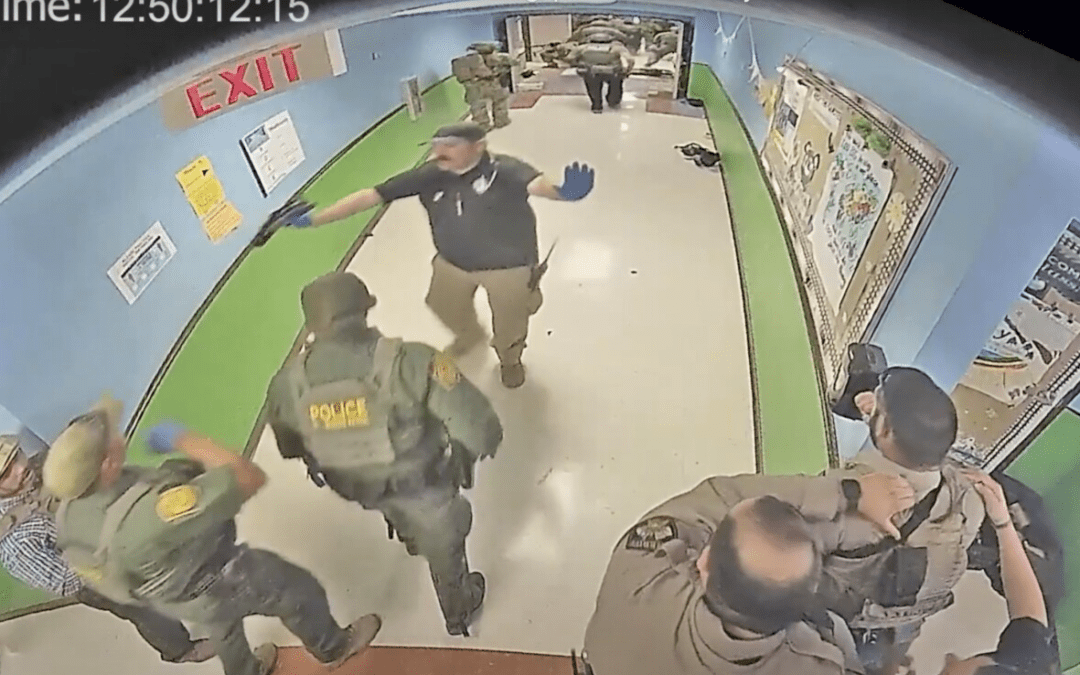
“Time is on our side right now…” -Uvalde School District Police Chief
We try to take a balanced approach between the real challenges first responders take and the tragic reality of this event. We hope you learn from it.

What a Wreck: Scene Size Up
Car accidents are something that are likely to touch all of us in some way or another, whether we are involved in one or manage them professionally as first responders. Not only are they exceptionally common, sometimes they are also challenging to manage well. We talk about some of the competing priorities and offer some ideas to get the emergency response to a traffic collision off to a good start.

Sniper in the Tower: 1966 Austin Clock Tower Shooting
This watershed event was part of the discussion that brought the idea of a SWAT team to the national stage and arguably brought momentum to what some now consider to be the militarization of the police. We talk about counter ambush tactics, cover or suppressive fire in law enforcement, tactical medicine, and more.
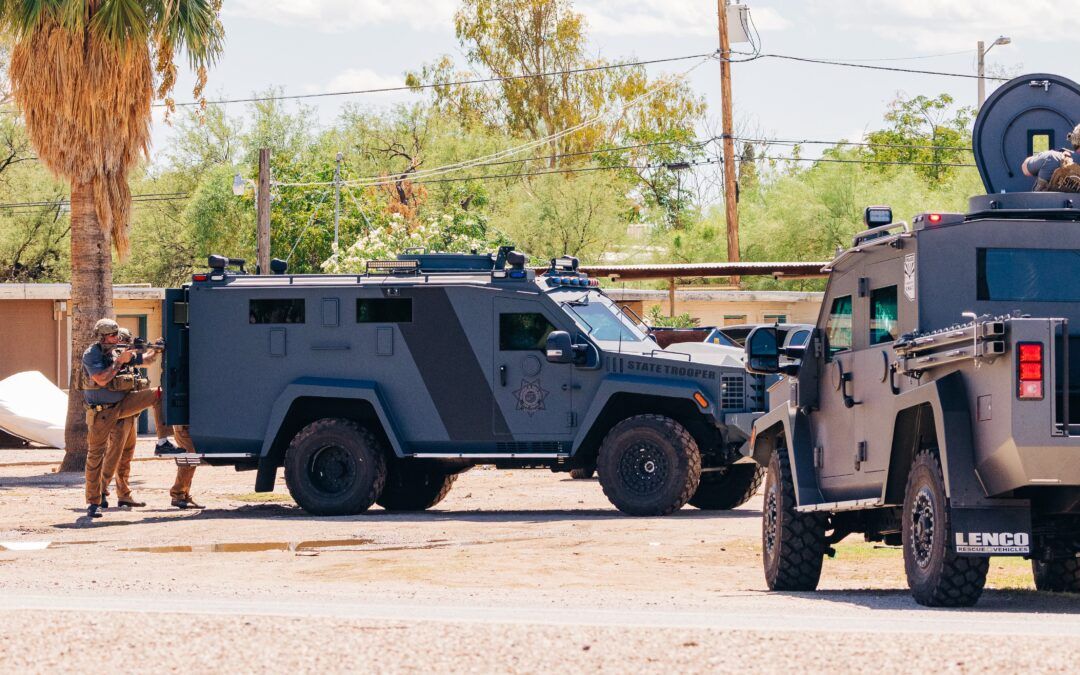
Calling Bull$h!#: Responding to Swatting Hoaxes
EPISODE 167 Calling Bull$h!#: Responding to Swatting Hoaxes No one should die over a false report. Internet gamers, celebrities and public figures, and maybe even one of your neighbors have been the victim of this sort of prank. These hoax emergency calls that can...
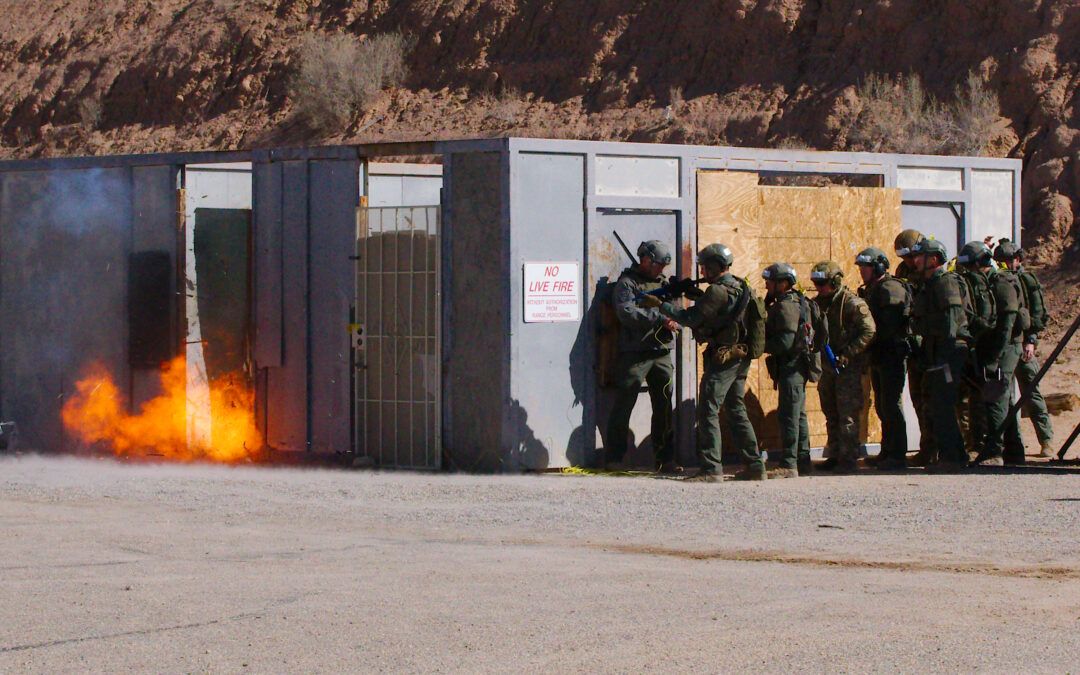
Run the Clock: Time, Talk, Tear Gas, Tactics
EPISODE 166 Run the Clock: Time, Talk, Tear Gas, TacticsThe 6th Circuit Court of Appeals decision in Downs v. United States was a benchmark case for domestic law enforcement that establishes our requirement to attempt negotiations for a peaceful resolution. We define...
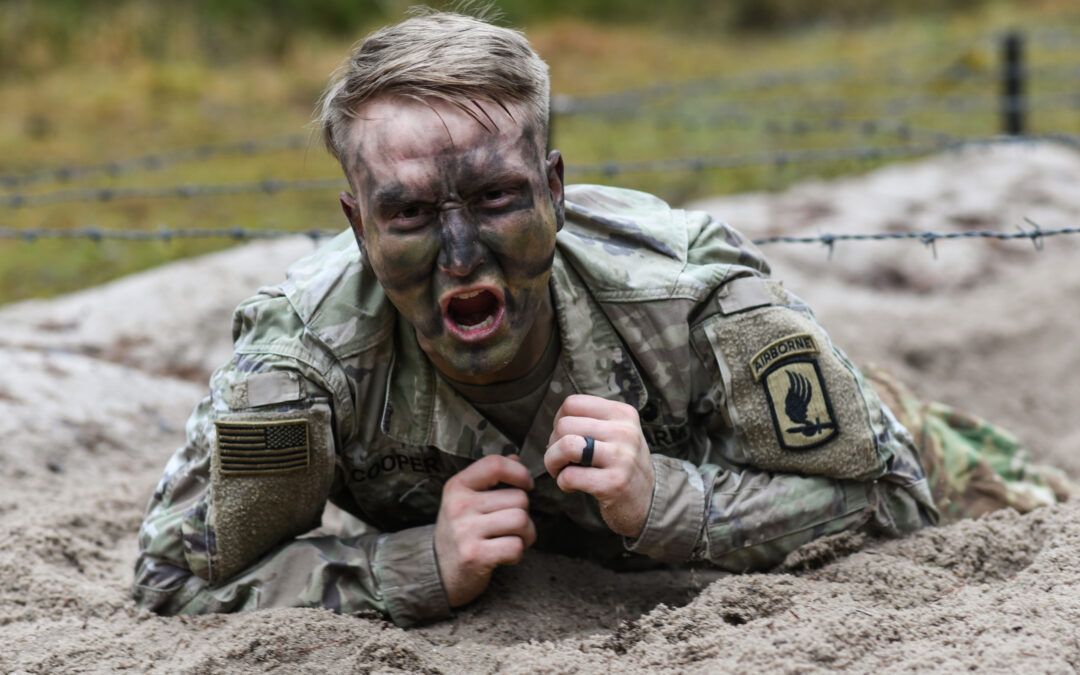
Separating the Wanna-Bes from the Gonna-Bes: Motivation, Grit, and Discipline
EPISODE 165 Separating the Wanna-Bes from the Gonna-Bes: Motivation, Grit, and DisciplineYour Recipe for Success looks something like equal parts of three things. Motivation, the spark and desire. Discipline, your habits and structure. And Grit, your capacity to...

Power Lines and Wildfires: 2023 Maui Disaster
Over 100 people were killed, more than 2,000 structures destroyed, and over $5 billion in damage were left behind after wind and fire tore through the historic Lahaina district and adjacent areas in Maui, Hawaii. We dive into some of the public safety and disaster planning takeaways from this event including evacuations, notifications, misinformation, planning, and risk.
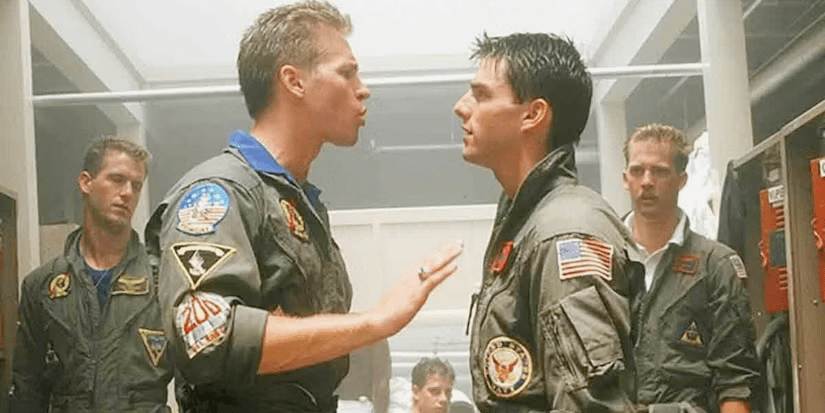
“Be Curious, Not Judgmental.” How to Deal with a Big Ego
Cops, military folks, pilots, medical professionals have some things in common. One of the BIG commonalities is a collection of BIG egos. Mike & Jim will walk us through how to navigate those egos to create a tactical advantage in a high performing team.
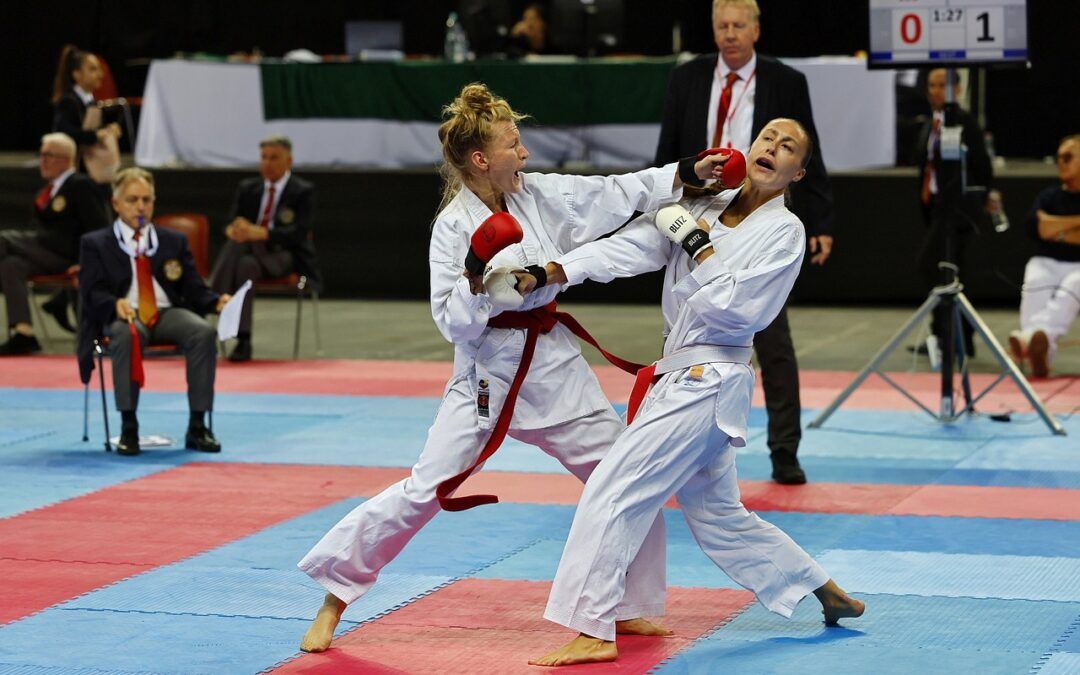
Bad Advice
Should your sister carry wasp or bear spray if she feels threatened by a human? Should you trust that dude behind the gun counter at your local gun shop because he’s got a sweet beard? Mike and Jim explore your options and how to sort good advice from bad advice.
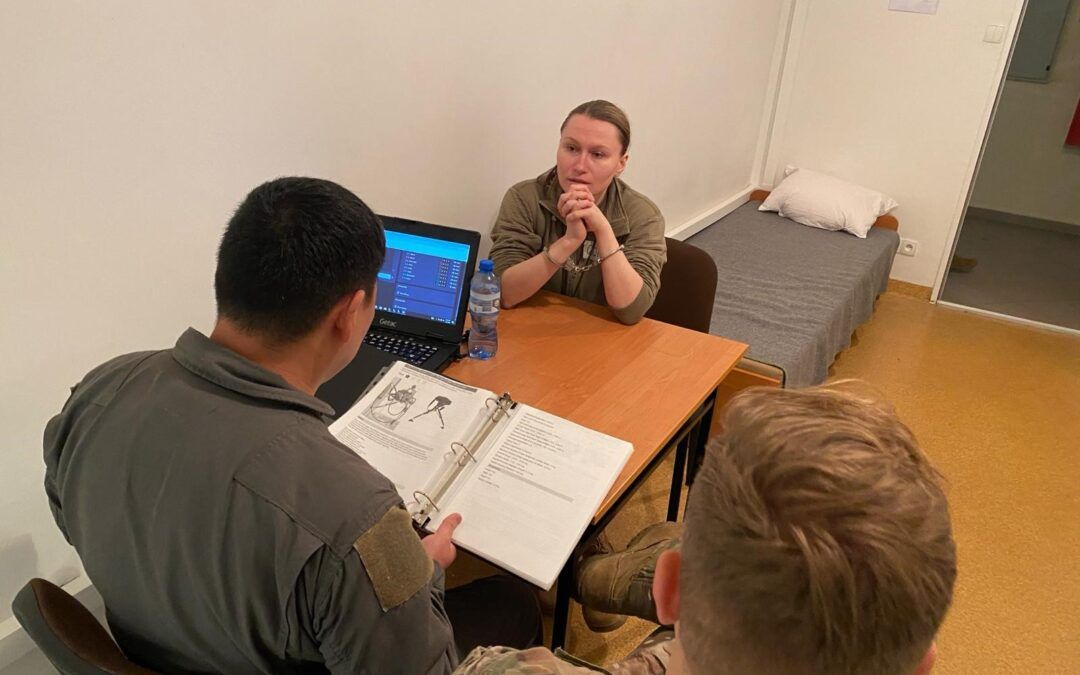
Read the Room – Who is Leading You?
Most leadership and management training has a top-down approach, but real human interaction involves influence in all directions – especially during a negotiation or confrontation. Mike and Jim discuss how to recognize when the other party is trying to influence or manipulate you, and how to lead your way through a tense situation. This is the essence of de-escalation and conflict management.
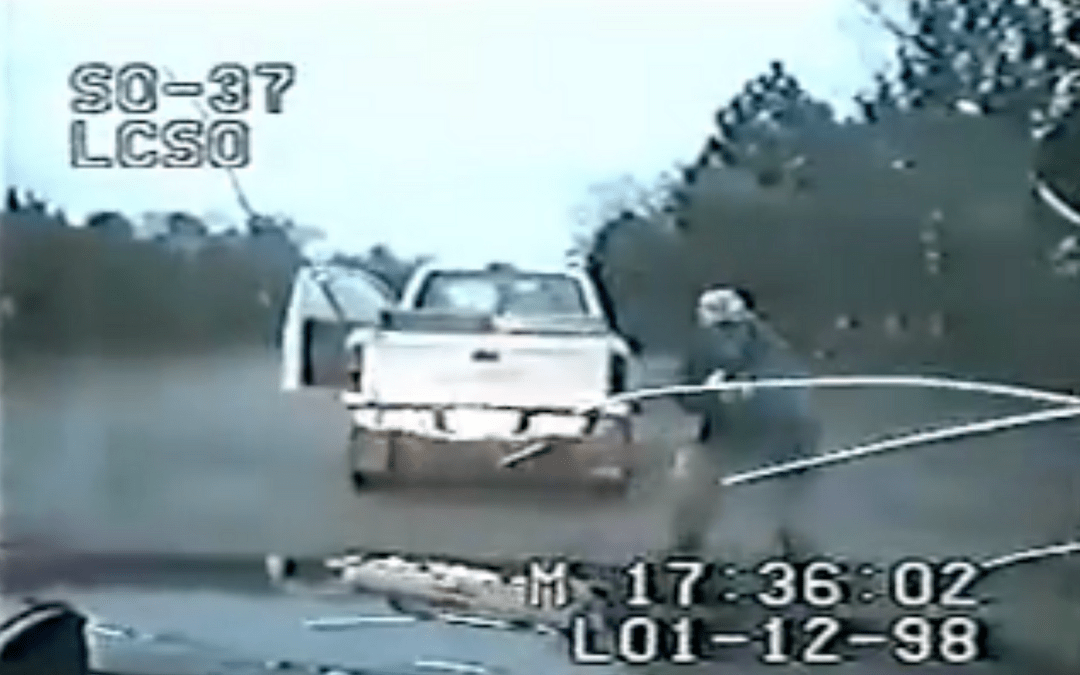
The Last Traffic Stop: Kyle Dinkheller’s Story
This episode examines the tragic 1998 murder of Deputy Kyle Dinkheller, a young Georgia sheriff’s deputy killed during a routine traffic stop. Using dashcam footage, we recount the chilling escalation of the encounter, explore the decision making and mindset to reconcile deadly force, and delve into the lessons this event teaches about officer safety, de-escalation, and situational awareness.
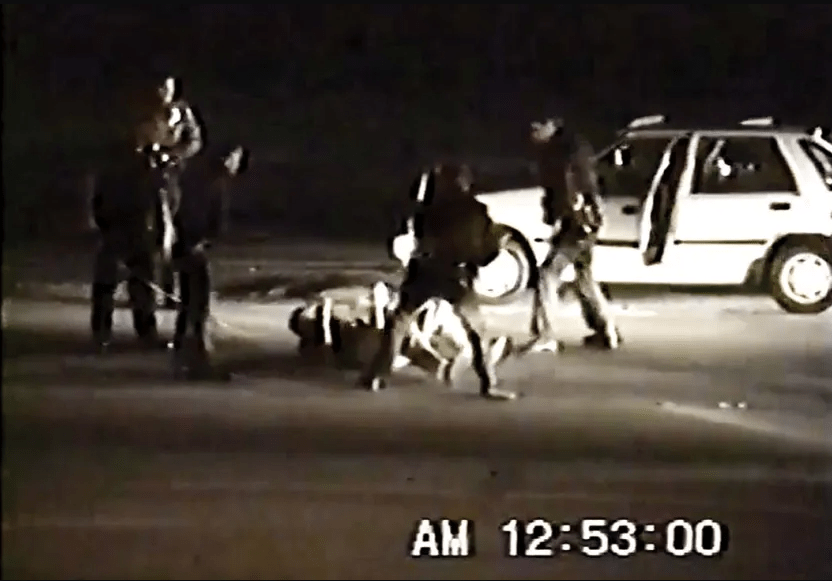
De-Escalate? Escalate? When can you taser them?
Through this discussion, Mike and Jim examine the challenges of balancing split-second decisions with the need for critical thinking, training, and adherence to policy. They touch on how models like the Critical Decision-Making Model (CDM) and Integrated Communications, Assessment, and Tactics (ICAT) are shaping modern law enforcement training, while also addressing the limits of these frameworks.
OODA LOOP
One of the popular models in tactical decision making is the OODA loop, which stands for Observe, Orient, Decide, Act. A lot of people tend to over-simplify this concept. They view it as a linear cycle, or a checklist–as if you move from one step to the other. It is a lot more complicated than that. Our individual orientation–which is a product of our identity, training, experience, and our moral compass–drives each step of the process. It controls not only what we see, but where we look. It controls not only what we decide, but provides us with an index of solutions. It describes a two-way interaction with our environment, and shows us that our adversaries have an Orientation, too.
Teamwork
If you look around any professional workplace, you will see several types of leaders–by that I don’t just mean differing leadership styles, although that is part of it–I am talking about the types of leaders in a group who make the difference between a “loose gaggle” and a high-performance team. This discussion is going to focus on the informal leaders–the unappointed low- or middle-man who makes a difference. A new or inexperienced member of the group might be the type of person who owns their mistakes, never makes excuses, and humbly accepts criticism. You might be asking yourself, doesn’t that just make them a good follower?
Burning Alive
If you read some of the news articles about the recent apartment fire in London, you’ll see quite a bit of commentary about the panic encountered by people trapped on the upper floors of the building. Similar to the attacks on 9/11, people can be seen in YouTube videos jumping out of windows from heights that would seemingly guarantee their death.
Intuition and Survival
WHY YOUR HANDS SO SWEATY? In his book about implicit survival signals The Gift of Fear, Gavin de...
Micromanaging-Please Don’t!
MICROMANAGING--PLEASE DON'T. Imagine I’m in the back of an ambulance with my Paramedic partner. As...
Teaching to the Lowest Common Denominator
ARE YOU TEACHING TO THE LOWEST COMMON DENOMINATOR? A follower asked us a question on Facebook the...
Glock and AR-15 Cleaning
GLOCK AND AR-15 CLEANING One of the “benefits” of working on a SWAT team is a whole bunch time...
Get your affairs in order
GET YOUR AFFAIRS IN ORDER I don’t know whether you will get in a gunfight. I do know, for a fact,...
